Because
There is an easy-going quality to the poems in Nina Lindsay’s Because that make this one of the friendliest books this reviewer has read in some time. Lush but clean, emotional but evenly wrought, engaging a diversity of styles over its five sections but with a voice that feels continuous and familiar, these are the sorts of poems one can fall into a deep absorption with. That is not to say that these are intellectually easy—indeed, it is the subtle peculiarities and soft surprises we find throughout that really propel us forward through these pages, and I can’t help but think that this would be an interesting book to teach in advanced courses, precisely because it is so unassuming.

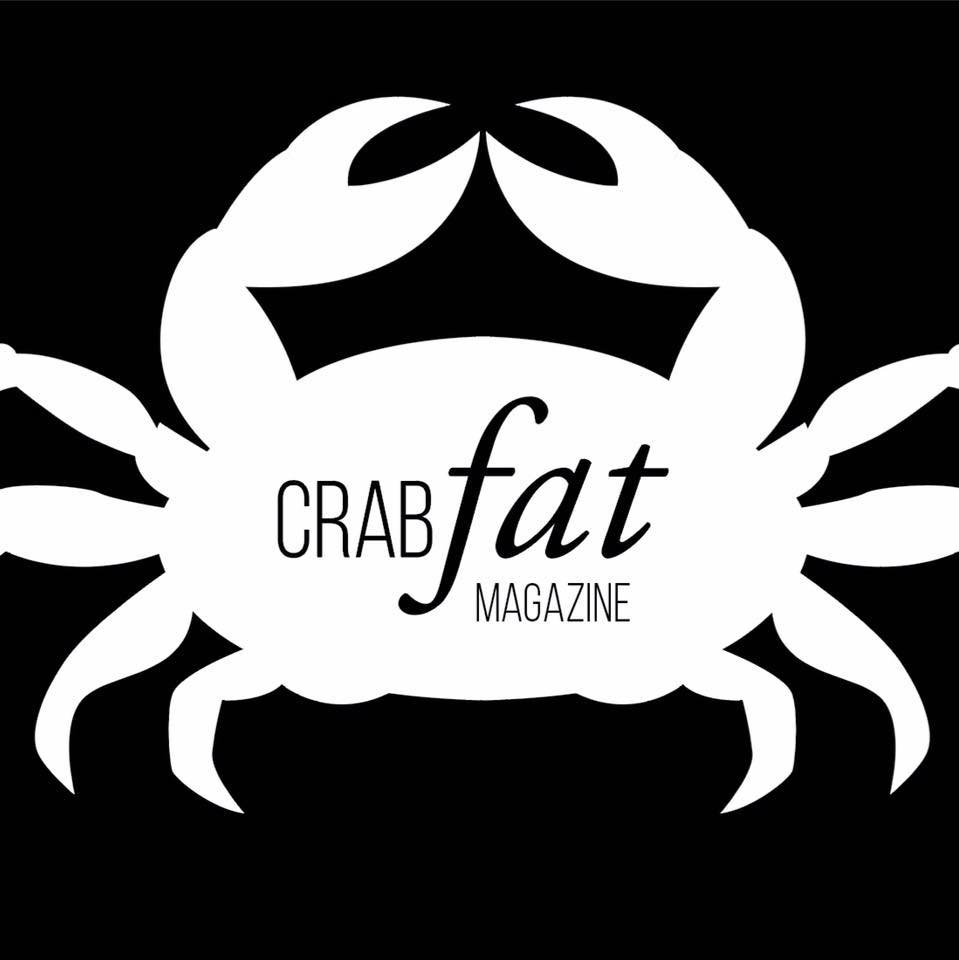 Crab Fat Magazine
Crab Fat Magazine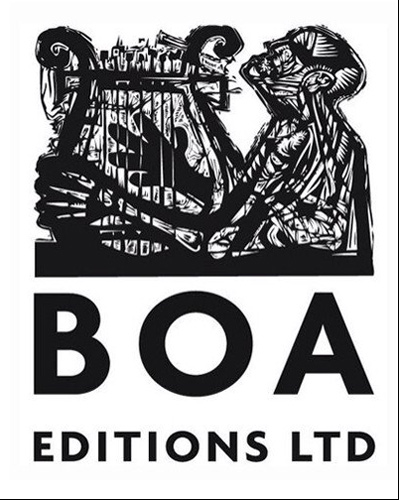 Out now from BOA Editions, LTD. is
Out now from BOA Editions, LTD. is 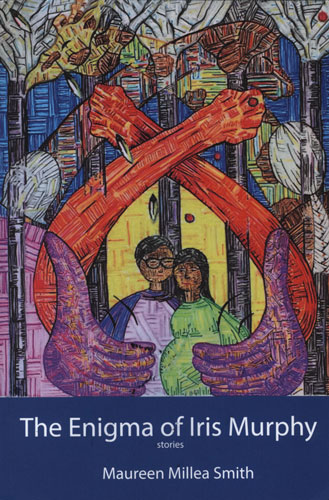 In July, look for Maureen Millea Smith’s
In July, look for Maureen Millea Smith’s 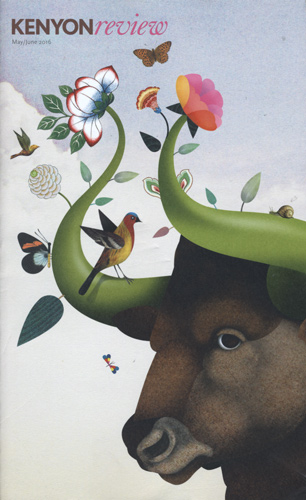 “Literature and the Anthropocene” is the title of
“Literature and the Anthropocene” is the title of 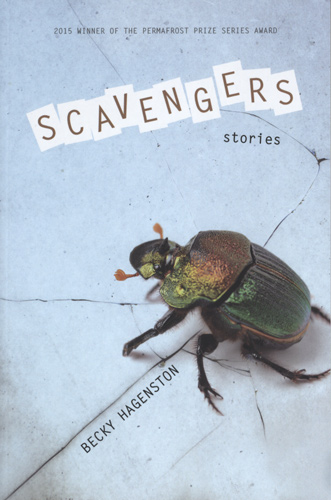 Becky Hagenston brought home the
Becky Hagenston brought home the  The spring/summer 2016 issue of
The spring/summer 2016 issue of 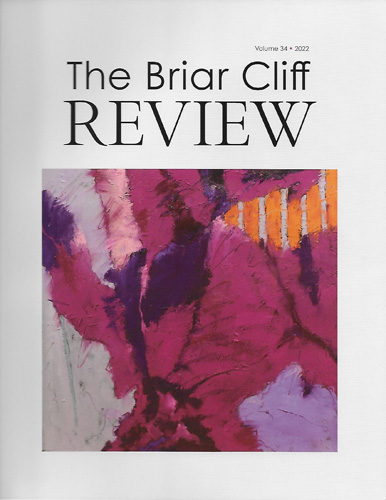 Volume 26 of
Volume 26 of  You know you’ve got a great idea when you create something that makes others say, “IT’S ABOUT TIME SOMEONE DID THAT!”
You know you’ve got a great idea when you create something that makes others say, “IT’S ABOUT TIME SOMEONE DID THAT!”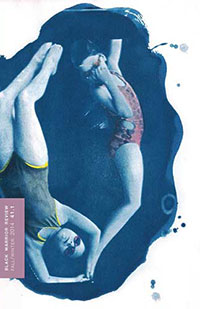 The Spring/Summer 2016 issue of
The Spring/Summer 2016 issue of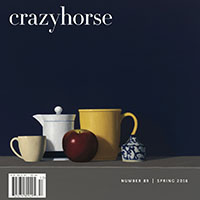 Still Life with Apple by
Still Life with Apple by 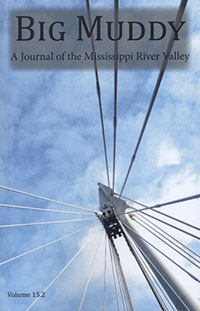 I liked this slightly dizzying photo on the cover of
I liked this slightly dizzying photo on the cover of 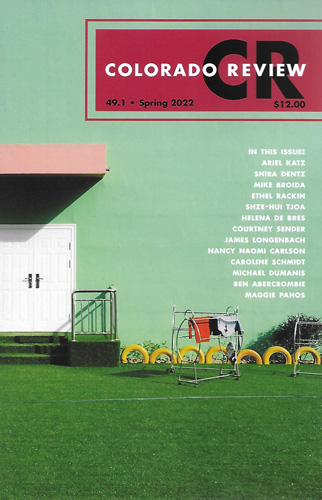 I want to believe it is the Blue Bird of Happiness that adorns the Spring 2016 cover of
I want to believe it is the Blue Bird of Happiness that adorns the Spring 2016 cover of 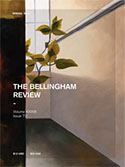 The Spring 2016 issue of
The Spring 2016 issue of 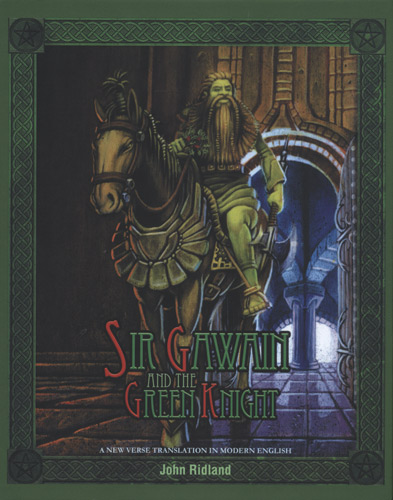 Forthcoming from Able Muse Press in August 2016 is Sir Gawain and the Green Knight, a new Modern English translation by John Ridland. Advance praise calls this edition one of the most readable and complete translations of the classic tale. Illustrations by Stephen Luke are found inside the pages, and provide the front and back cover art, the cover design similar to that of an old fairytale storybook.
Forthcoming from Able Muse Press in August 2016 is Sir Gawain and the Green Knight, a new Modern English translation by John Ridland. Advance praise calls this edition one of the most readable and complete translations of the classic tale. Illustrations by Stephen Luke are found inside the pages, and provide the front and back cover art, the cover design similar to that of an old fairytale storybook.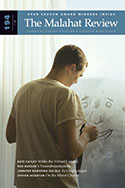 Winning entries for the
Winning entries for the  Glimmer Train
Glimmer Train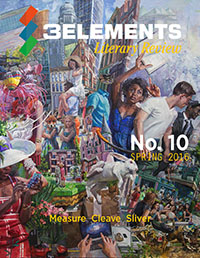 Benjamin Duke’s Home Again, Home Again fills the front and back covers of the Spring 2016 (#10) issue of
Benjamin Duke’s Home Again, Home Again fills the front and back covers of the Spring 2016 (#10) issue of 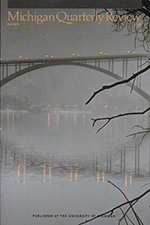 Six Million is the photograph by Conor MacNeill on the cover of Winter 2016
Six Million is the photograph by Conor MacNeill on the cover of Winter 2016